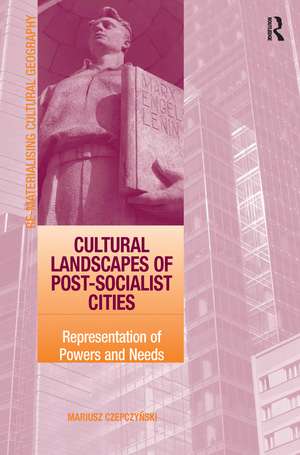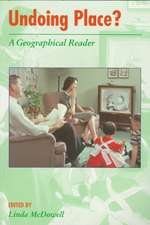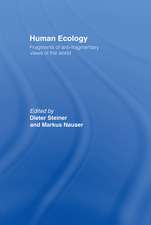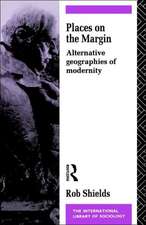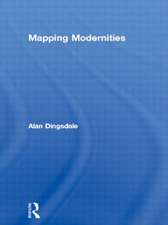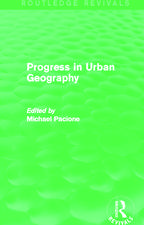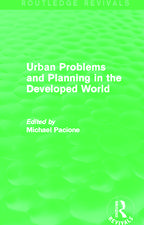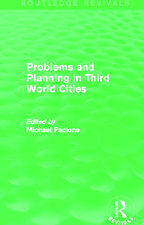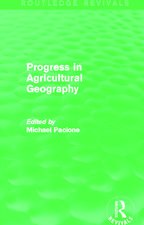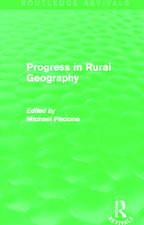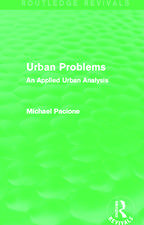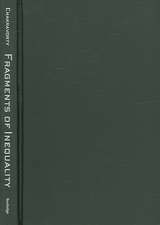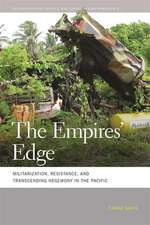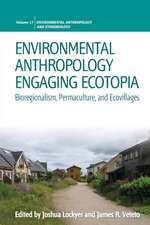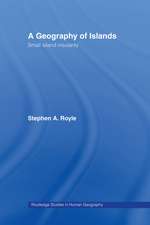Cultural Landscapes of Post-Socialist Cities: Representation of Powers and Needs
Autor Mariusz Czepczynskien Limba Engleză Paperback – 11 noi 2016
| Toate formatele și edițiile | Preț | Express |
|---|---|---|
| Paperback (1) | 324.16 lei 6-8 săpt. | |
| Taylor & Francis – 11 noi 2016 | 324.16 lei 6-8 săpt. | |
| Hardback (1) | 822.01 lei 6-8 săpt. | |
| Taylor & Francis – 26 iun 2008 | 822.01 lei 6-8 săpt. |
Preț: 324.16 lei
Preț vechi: 424.46 lei
-24% Nou
Puncte Express: 486
Preț estimativ în valută:
62.03€ • 65.23$ • 51.25£
62.03€ • 65.23$ • 51.25£
Carte tipărită la comandă
Livrare economică 17 aprilie-01 mai
Preluare comenzi: 021 569.72.76
Specificații
ISBN-13: 9781138254275
ISBN-10: 1138254274
Pagini: 224
Dimensiuni: 156 x 234 mm
Greutate: 0.45 kg
Ediția:1
Editura: Taylor & Francis
Colecția Routledge
Locul publicării:Oxford, United Kingdom
ISBN-10: 1138254274
Pagini: 224
Dimensiuni: 156 x 234 mm
Greutate: 0.45 kg
Ediția:1
Editura: Taylor & Francis
Colecția Routledge
Locul publicării:Oxford, United Kingdom
Notă biografică
Mariusz Czepczynski is Assistant Professor in the Department of Economic Geography at the University of Gdansk, Poland.
Recenzii
'Post 1989 societal changes have impacted palpably on East European urban structures. Cultural Landscapes of Post-Socialist Cities offers a vivid account of these changes. With its carefully crafted blend of general overview and specific case example, it highlights tensions between "insider" and "outsider" perspectives, between past, present and future, the book could be both pedagogically effective and conceptually evocative.' Anne Buttimer, University College Dublin, Eire 'Czepczynski’s book makes a welcome appearance among a steady, yet rather sparse, flow of publications dedicated to the topic of post-socialist urban transformation. While others tend to be edited collections of articles by different authors, his work stands out as one that develops theoretical ideas on the subject more in-depth... The book is a welcome and recommended read.' H-Soz-u-Kult 'With this new book, Marius Czepczynski offers interested readers a sophisticated account of the transformations experienced in urban environments across central, east, and southeast Europe. With conceptual richness and clarity, Czepczynski skillfully integrates both theoretical and empirical material and guards against exaggeration, simplification, or stereotyping... I highly recommend it.' Slavic Review '... the book is a welcome contribution to the scholarship on postsocialist Central Europe, as well as to current research on transitional cities, which has somehow been dominated by writings on Chinese cities.' City & Community 'Czepczynski's thought-provoking book on post-socialist cityscapes makes for timely reading, 20 years after the fall of the Berlin Wall, which has become emblematic of the transformation of the Central European bloc. The demolition of the Wall was both a material and symbolic act and this is a book on material and symbolic practices and representations of power in the urban landscape... it will certainly be of interest to postgraduate students and scholars of cultural geography,
Cuprins
Acknowledgments; Introduction; Chapter 1 Geographical Studies of Cultural Landscape; Chapter 2 Representations of Memories and Powers; Chapter 3 Landscaping Socialist Cities; Chapter 4 Post-communist Landscape Cleansing; Chapter 5 New Landscape Symbols of ‘New Europe’; Chapter 6 Interpreting Landscapes in Transition;
Descriere
Since the velvet revolution of 1989, the totalitarian communist urbanscapes of central European cities have been 'cleansed' or 'recycled', bringing in new architectural, functional and social forms to transform how they look and how they are used. This book examines the culturally conditional variations between local powers and structures despite the similarities in the general processes and systems. It assesses whether these urbanscapes clearly reflect the social, cultural and political conditions and aspirations of these transitional countries and so a critical analysis of them provides important insights.
